The role and influence you have in a business determines if you are an ‘officer’ under WHS laws. This is different for each person and each business.
-
Are you the owner or operator of a small business?
-
Do you make big decisions about all or part of your business?
-
Can you affect your business’s financial standing?
If you answered yes to any of these, you may be an officer and have an obligation under WHS laws to demonstrate a proactive approach to WHS matters.
If you are in a small business and you’re not sure if you are an officer, watch our short video Who is an officer - understanding your responsibilities or take a look at our Who is an officer? information sheet.
Officer WHS duties
As an officer, you must exercise due diligence to ensure your business meets its WHS duties. This includes:
-
making sure your workers and other persons are protected against harm, and
-
making sure your business has suitable safe work systems in place.
It is important that you know you are legally responsible for doing these things under WHS laws.
How you can meet your officer duty
As an officer, it’s important you:
-
keep your WHS knowledge current
-
know your business’s WHS hazards and risks.
-
ensure your business is properly resourced to manage WHS risks and check the resources are being used
-
ensure your business has reporting processes for incidents, hazards and other WHS issues, and check that these processes are being followed
This information will help you meet your duties:
If you don’t meet your duties
If you don’t meet your duty as an officer, you could be prosecuted.
This can happen even if an incident didn’t happen at your workplace or your business isn’t liable.

